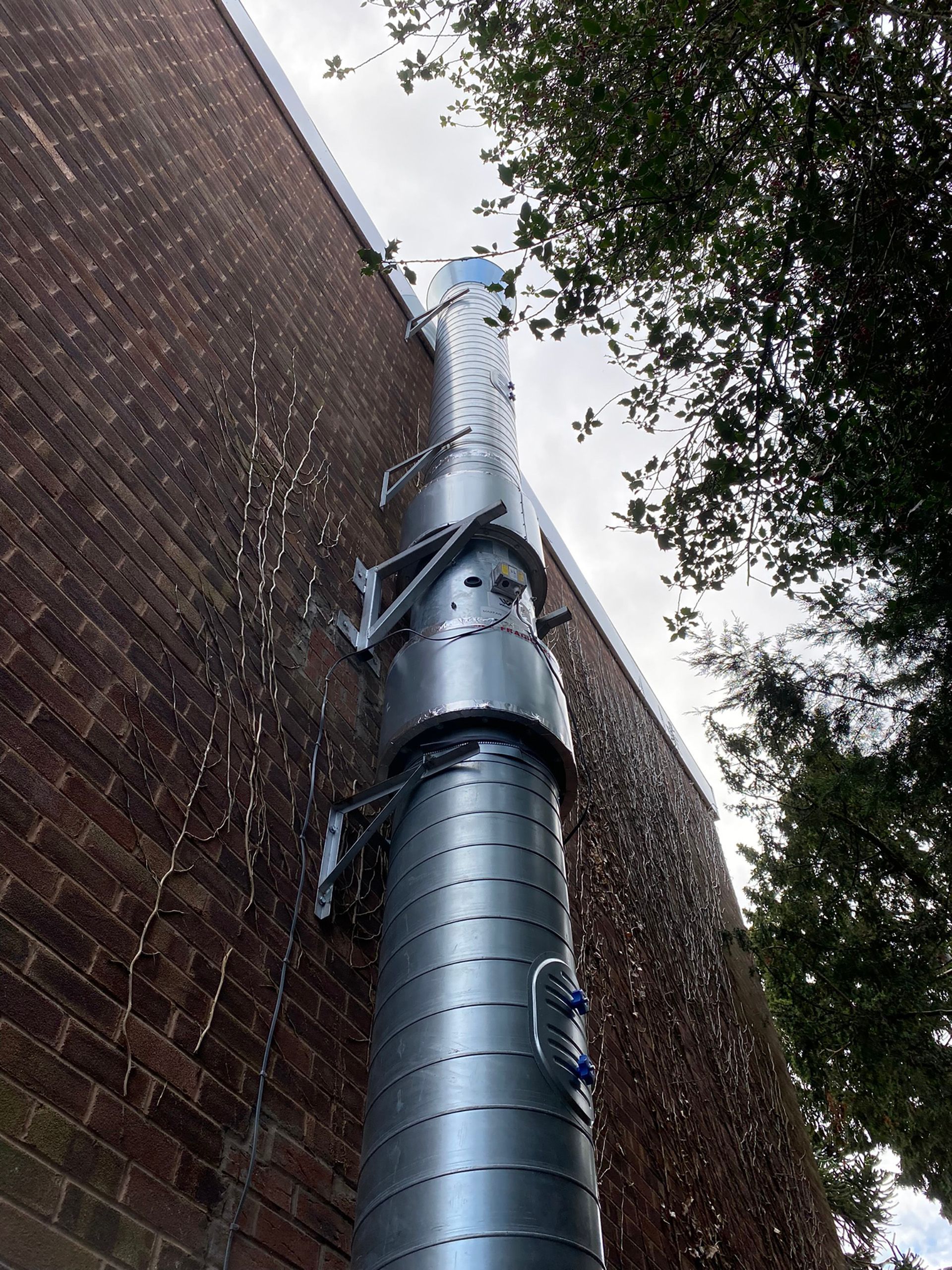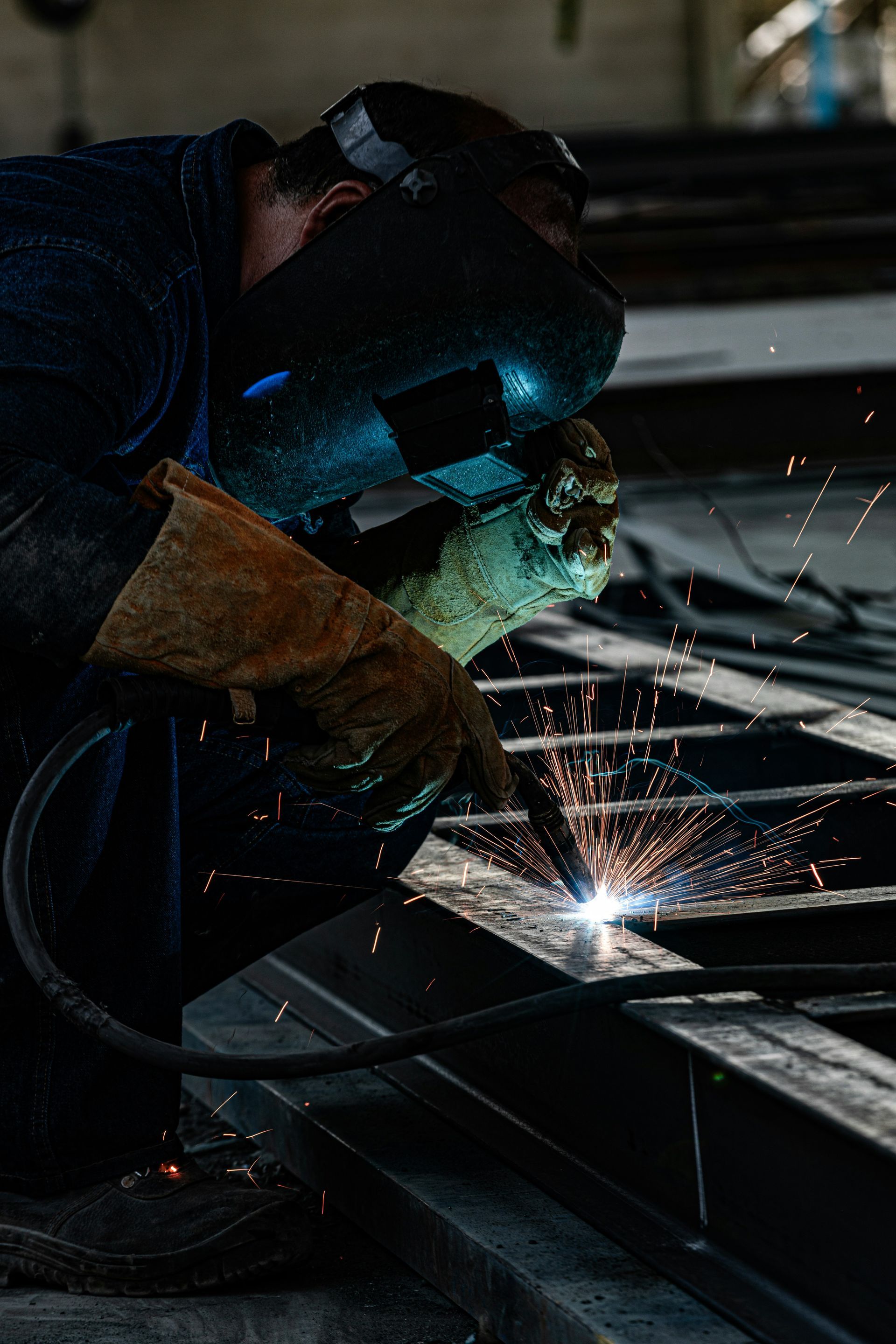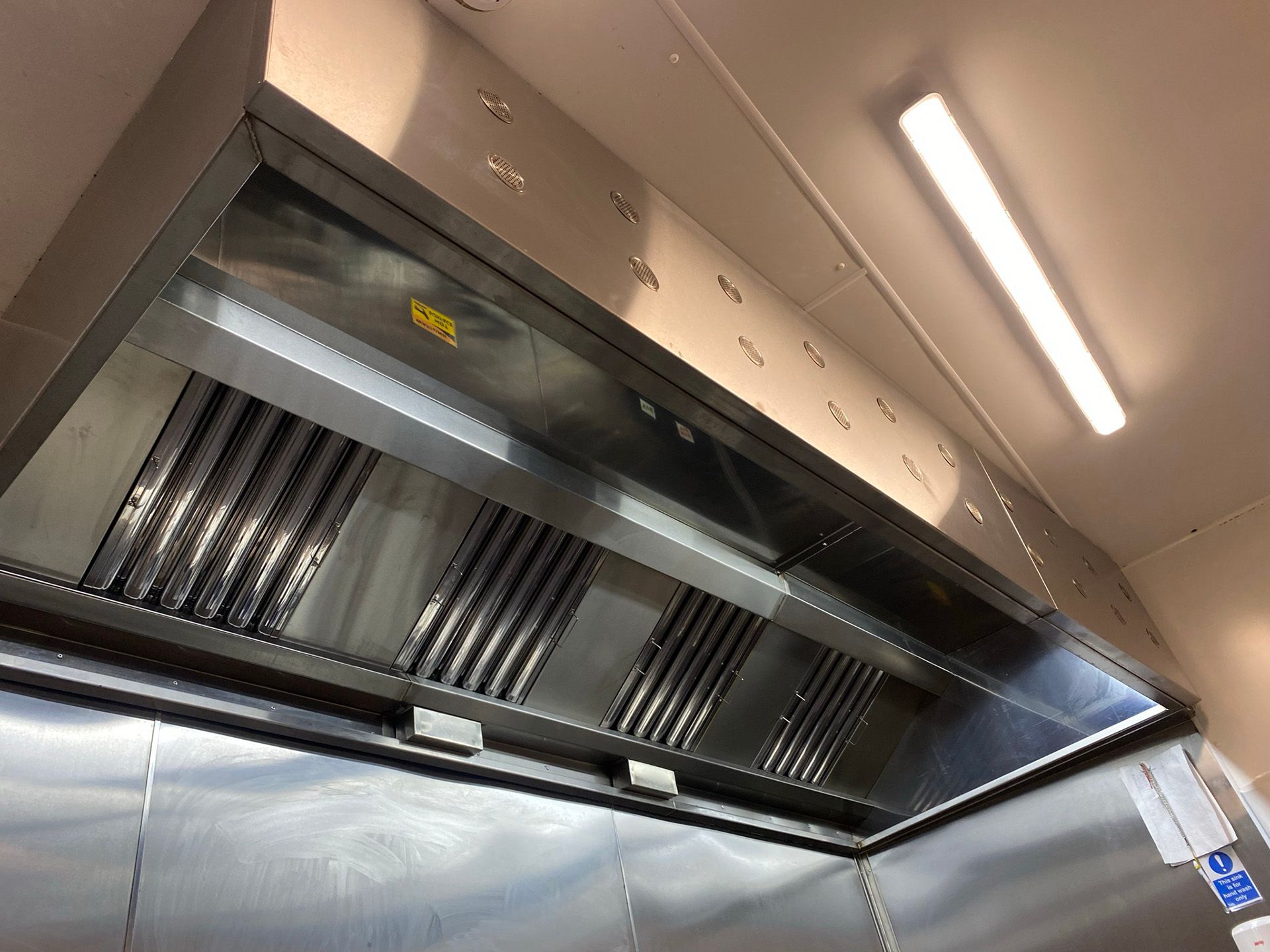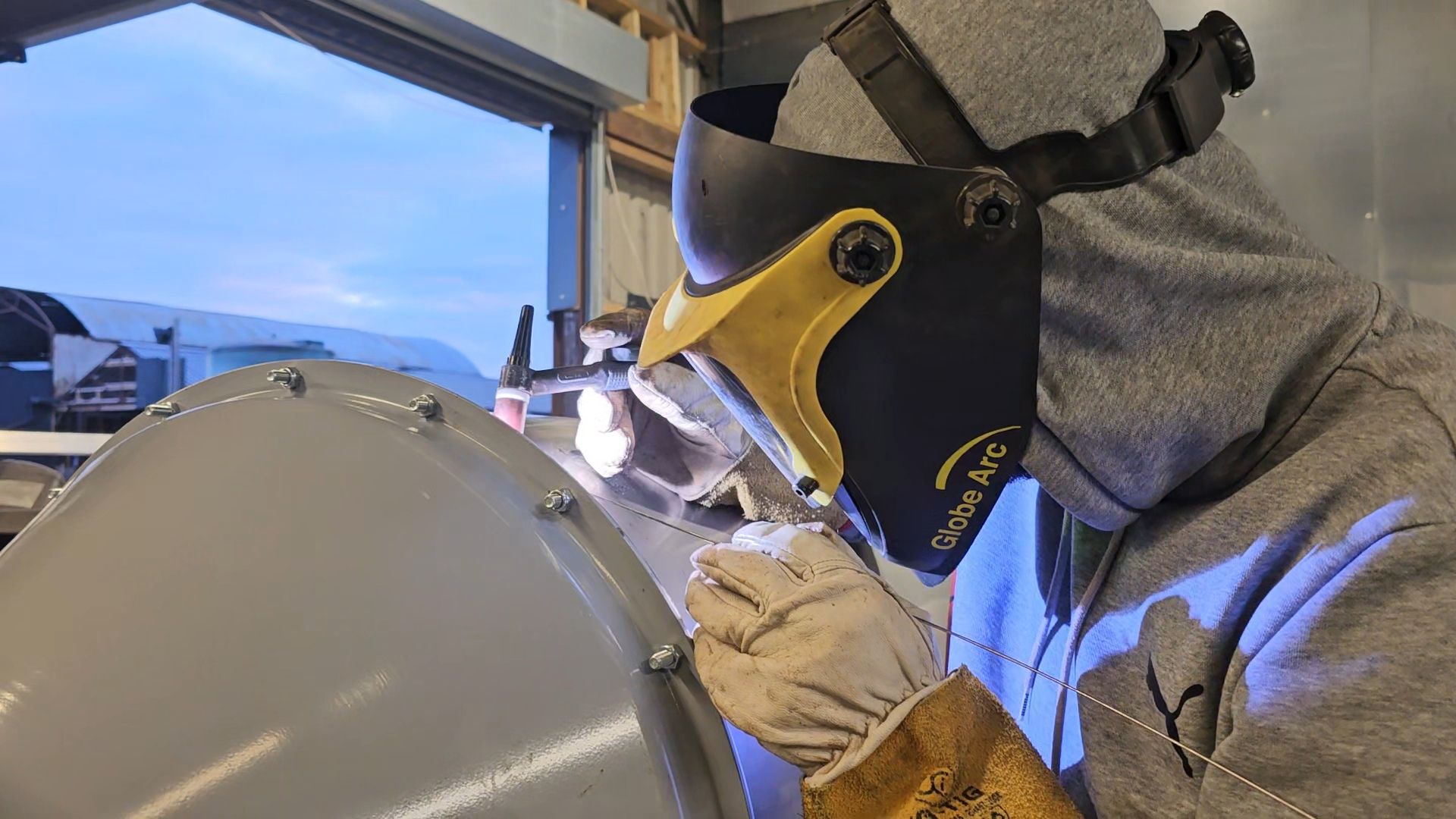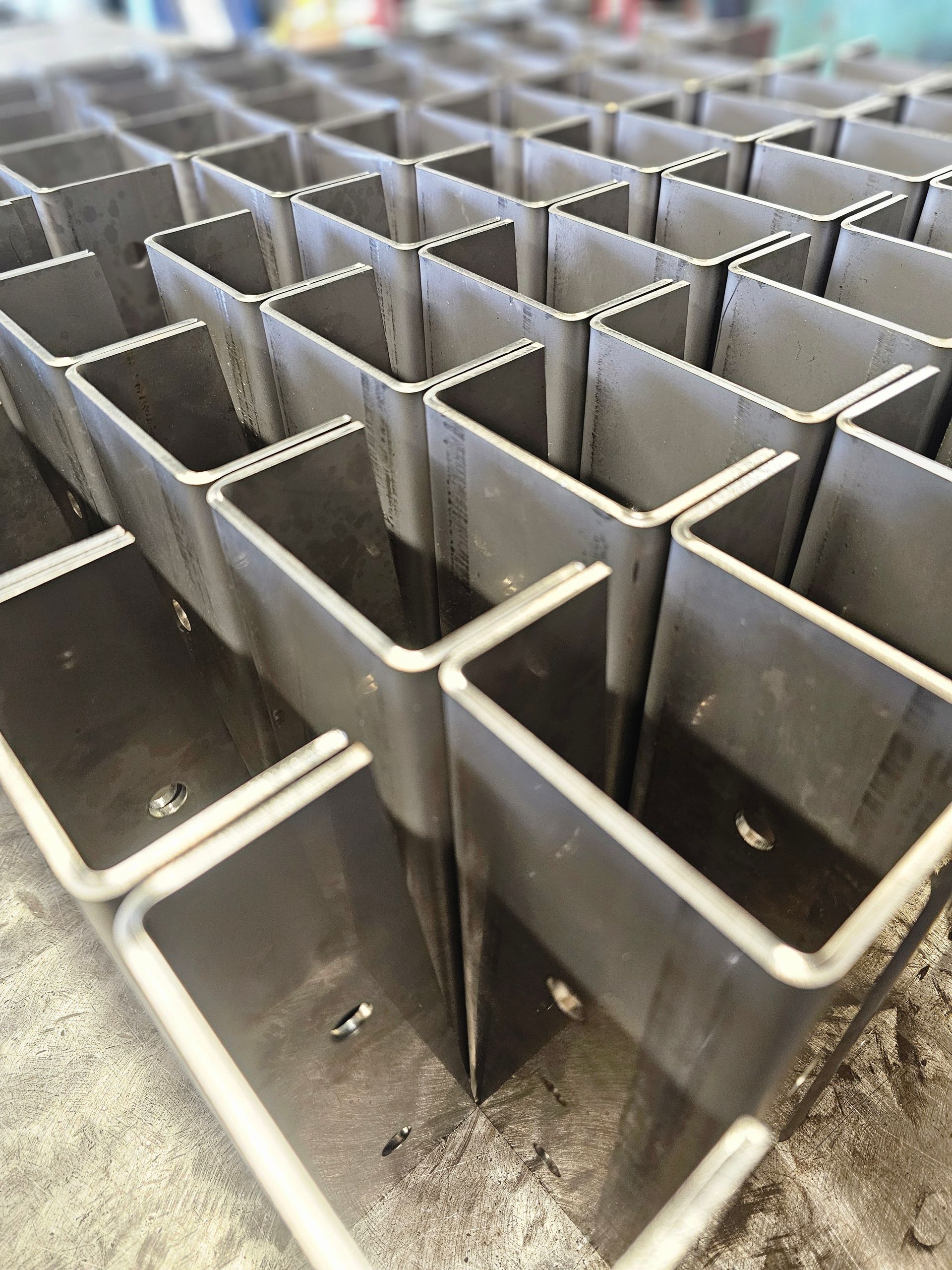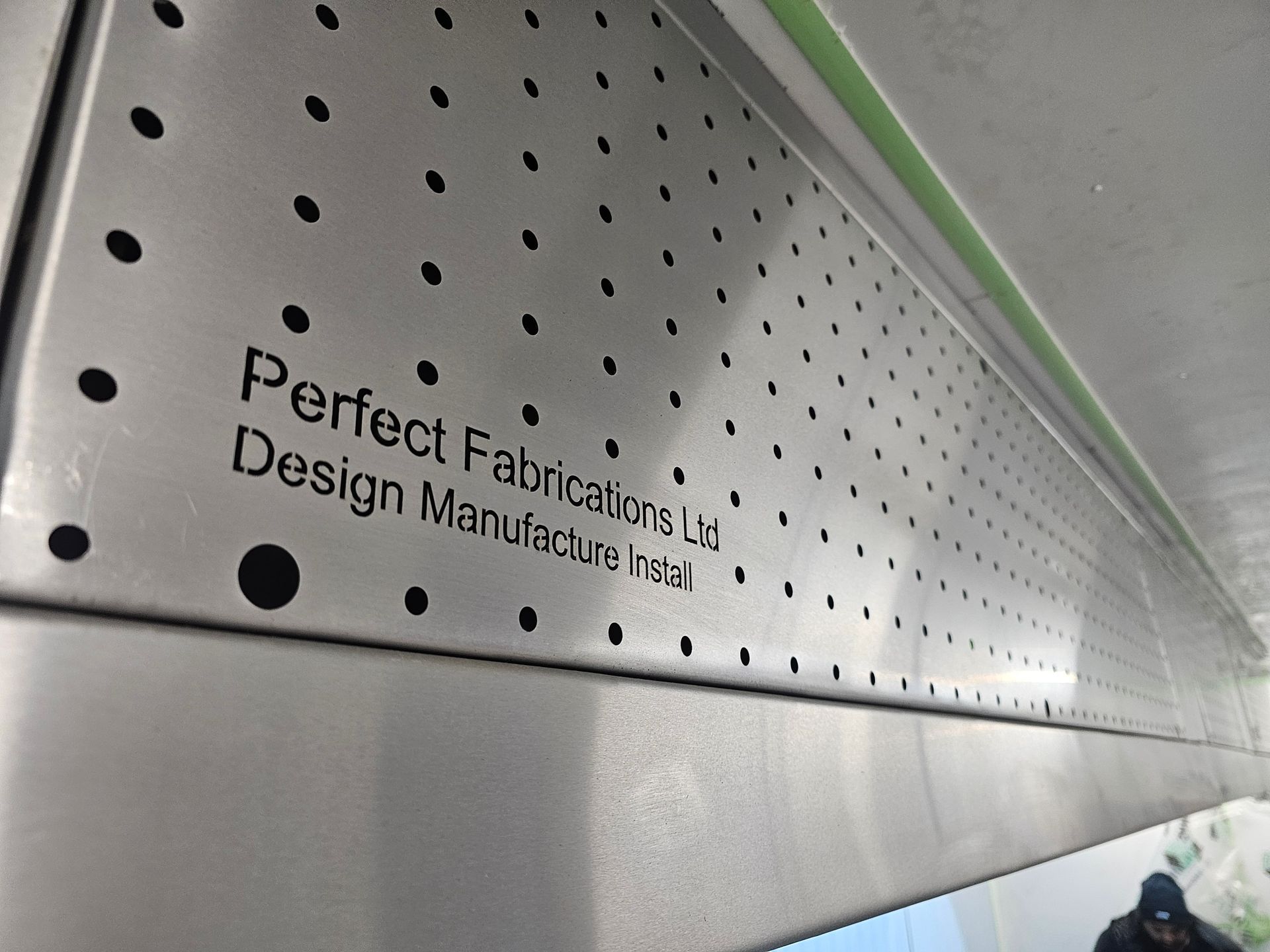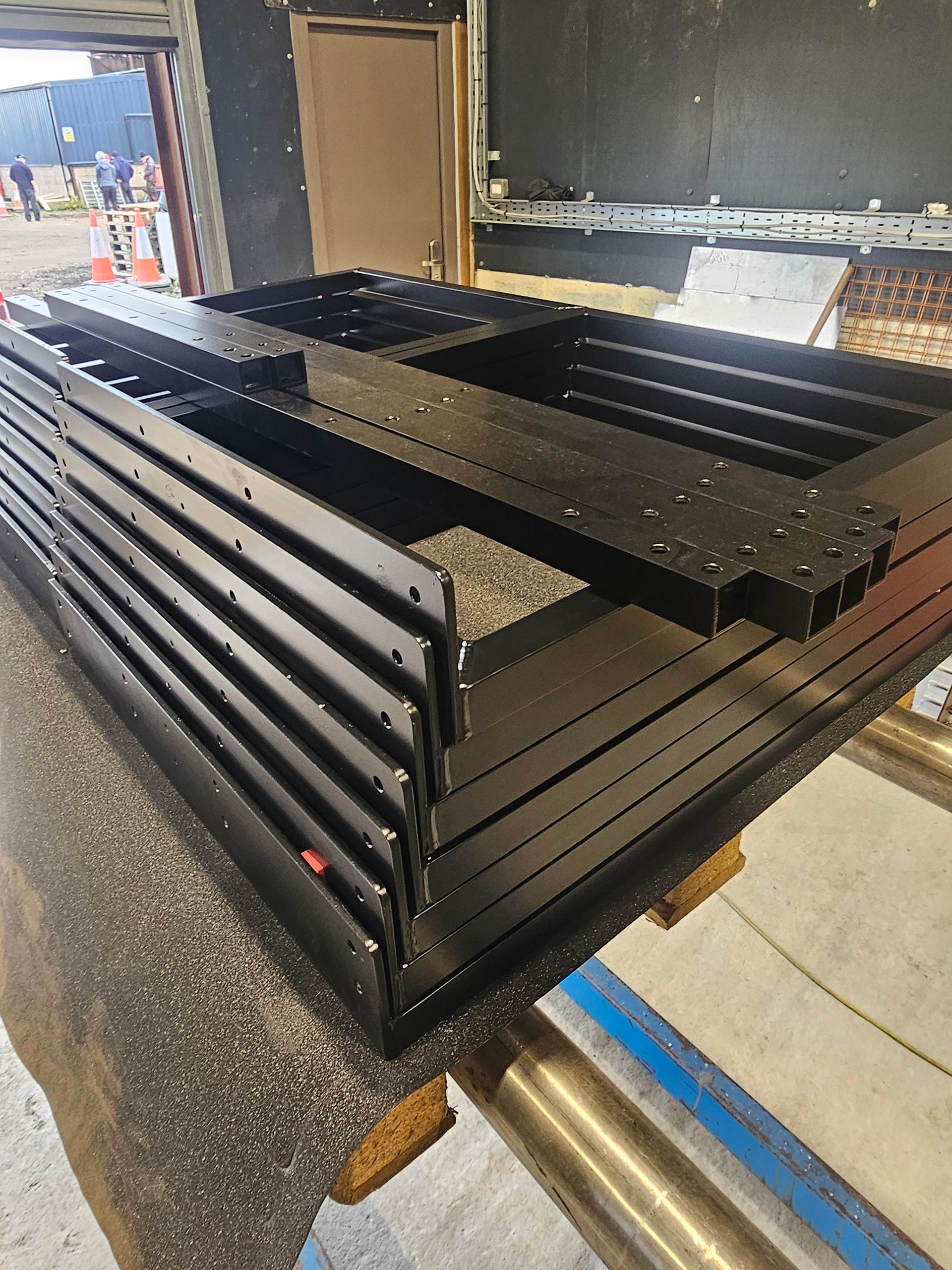11 September 2024
The Significance of Commercial Kitchen Ventilation Systems Understanding commercial kitchen ventilation systems goes beyond mere regulatory adherence; it's crucial for fostering a safe and productive cooking atmosphere. Proper ventilation is essential for good air quality and temperature control in busy kitchens, which often have cooking fumes, heat, and humidity. Poorly functioning exhaust systems can lead to an uncomfortable work environment, diminish efficiency, and pose serious health risks to staff. There are several types of ventilation systems to consider when designing an effective commercial kitchen setup. Hood systems are commonly used to remove hot air and bring in fresh air through specific vents. This balance is essential not only for comfort but also for the overall functionality of HVAC in kitchens. Investing in the right commercial kitchen ventilation system is crucial for both immediate operational needs and long term success. Good ventilation lowers energy costs, improves food safety by removing airborne particles, and meets regulations, making it essential for any successful culinary business. Understanding these fundamentals will empower owners and operators to make informed decisions that greatly benefit their kitchen operations. The Role of Fresh Air in Ensuring Food Safety and Quality Fresh air plays a pivotal role in ensuring food safety and quality, often overlooked in standard food safety practices. A well ventilated kitchen does more than just provide comfort; it actively contributes to maintaining freshness and preventing food contamination. Quality control in kitchens involves ensuring proper air circulation in food storage and preparation areas. Fresh air helps to dissipate humidity and odours that can compromise the integrity of ingredients. By ensuring adequate airflow, kitchens can reduce the risk of bacterial growth that thrives in stagnant conditions. Fresh air not only improves health but also enhances the flavour and texture of our meals. Ingredients exposed to fresh air are less likely to spoil quickly, enhancing their taste profile when ultimately served. Prioritising fresh air in the kitchen is crucial for high-quality cooking and food safety. Don’t underestimate the power of good ventilation—make it a cornerstone of your culinary routine for optimal results! Health Benefits of Proper Ventilation for Kitchen Staff Proper kitchen ventilation is crucial for the health and productivity of staff, not just for comfort. Following workplace safety regulations for proper air circulation can effectively reduce respiratory problems by protecting employees from harmful fumes and allergens. The importance of indoor air quality cannot be overstated. Poor ventilation can lead to the accumulation of pollutants, which can adversely affect staff health and wellbeing. Improving indoor air quality makes kitchens safer and helps employees feel comfortable and alert, which boosts their efficiency. Moreover, when kitchen staff are comfortable in their work environment, employee productivity surges. Clear airways contribute to clearer thinking, better focus, and more effective teamwork—all critical components in a busy kitchen setting. Proper ventilation is essential for the health and productivity of your kitchen staff, not just for meeting regulations. How to Choose the Right Ventilation System for Your Commercial Kitchen Choosing the right ventilation system for your commercial kitchen is crucial for both compliance and operational efficiency. When evaluating potential systems, it’s essential to consider several key criteria that will directly impact your kitchen's performance. Firstly, analyse the layout of your commercial kitchen. The design can significantly influence the effectiveness of various HVAC systems. For example, kitchens with open layouts may require different solutions compared to those with more segmented spaces. Understanding airflow dynamics is vital to ensure that heat, steam, and odours are effectively removed. It’s also advisable to seek professional advice on HVAC systems from experienced technicians or suppliers who specialise in commercial setups. They can provide customised ventilation solutions to ensure good air quality and compliance with local regulations. Assessing ventilation system criteria will enhance kitchen staff comfort and safety, while also improving food quality and customer satisfaction. Choose thoughtfully—your restaurant's success depends on it! The Cost Effectiveness of Investing in Quality Ventilation Systems Investing in quality ventilation systems is a smart financial strategy for restaurants and catering businesses. First and foremost, one of the most compelling reasons to consider this investment is the significant savings on energy costs. Modern ventilation systems are engineered for efficiency, ensuring that your establishment uses less energy while maintaining optimal air quality. This translates directly into lower utility bills, freeing up funds that can be reinvested back into your business. Furthermore, a robust ventilation system plays a critical role in reducing liabilities related to health code violations. Restaurants and catering businesses face stringent regulations regarding air quality and food safety. Investing in high quality ventilation creates a healthier environment for your staff and customers and reduces the risk of costly violations from poor airflow or filtration systems. In addition to these immediate benefits, consider the long term investment advantages of quality ventilation systems. They boost workplace comfort and employee morale, enhance customer satisfaction with cleaner air, and extend the life of kitchen equipment by reducing grease build up. Ultimately, such an investment pays off multi fold over time by protecting both your finances and your reputation within the industry. Conclusion: Prioritise Fresh Air with Efficient Ventilation in Your Commercial Kitchen Today In conclusion, ensuring good ventilation in your commercial kitchen is essential. It saves energy costs and improves safety for your staff. Investing in a quality ventilation system improves air quality and eases the load on heating and cooling systems, resulting in long term energy savings. Proper ventilation protects employee health by preventing harmful fumes and maintaining a safe working environment. It’s clear that the benefits far outweigh any initial investment. Act now to improve air quality in your kitchen for a safer and more efficient environment
